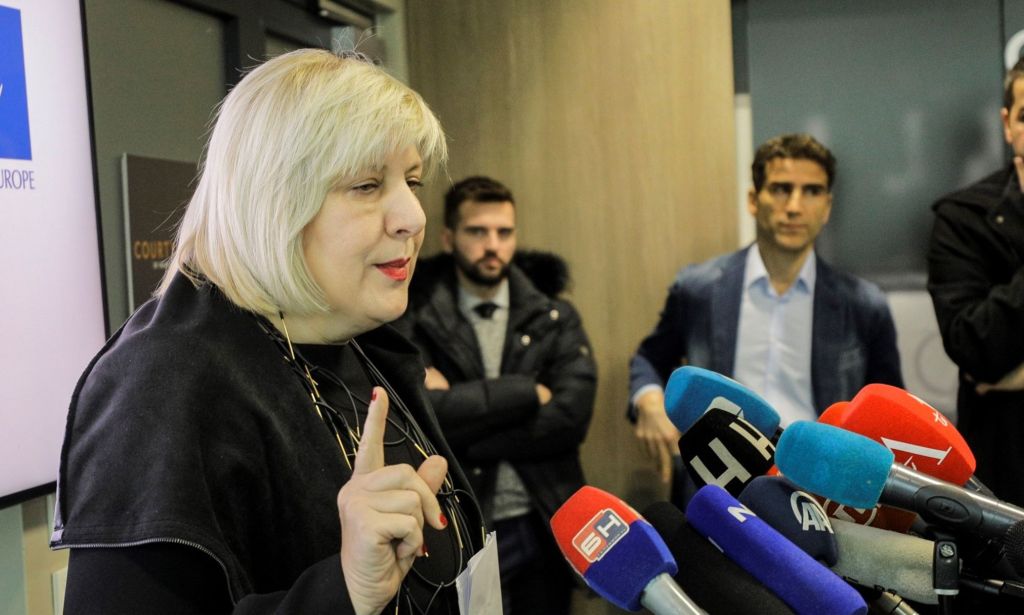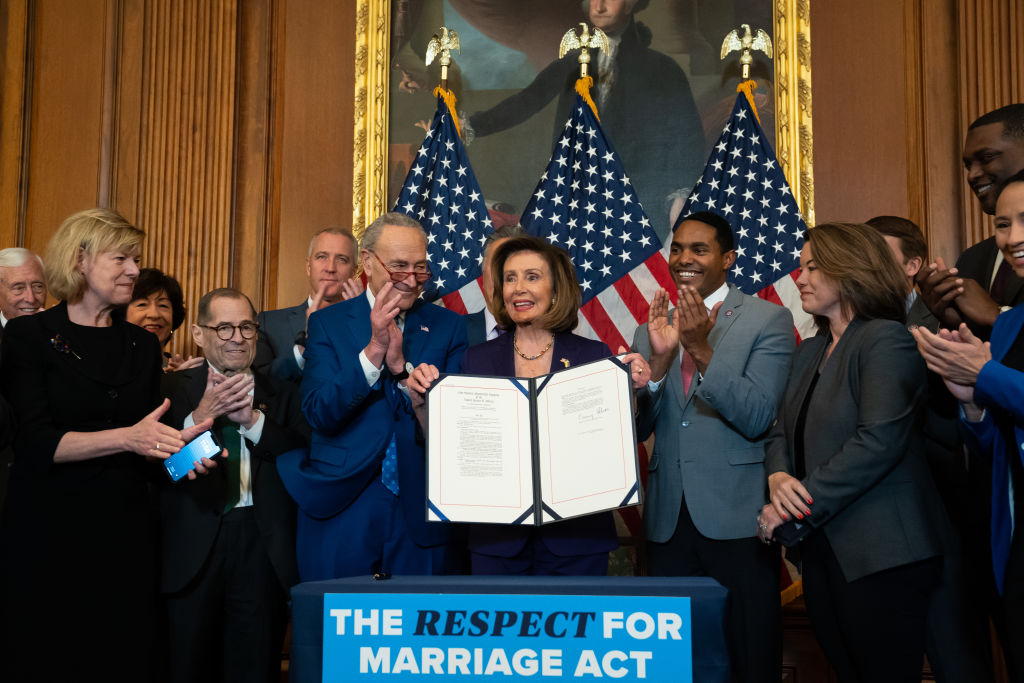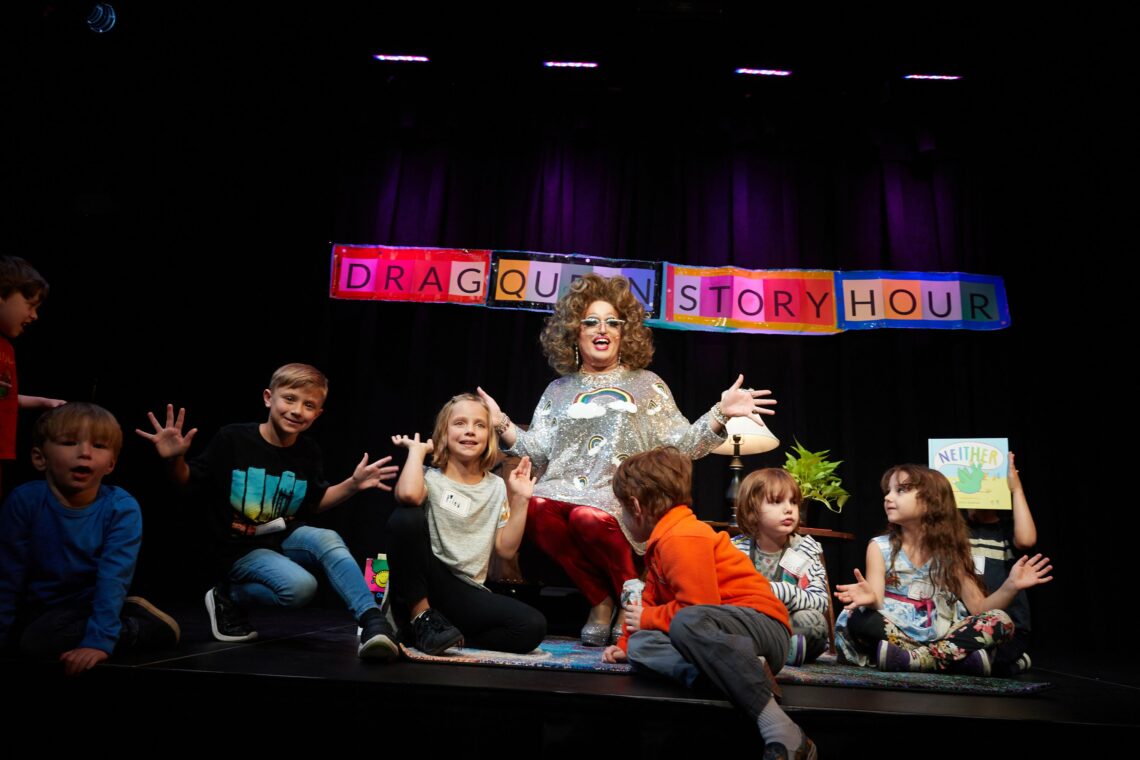On safe consumption sites in San Francisco. Can we “re-wild” our hearts?
Elected officials, nonprofits, activists, and community leaders are pushing forward the idea of safe consumption sites in San Francisco, in order to prevent overdose deaths, improve the health of people who use drugs, and reduce outdoor and public substance use. Safe consumption sites and services are a well-accepted and effective public health intervention that exist in hundreds of cities around the world, but are slow to gain acceptance and be implemented in the U.S.
To gain traction and momentum for safe consumption services in San Francisco, in January Supervisor Hillary Ronen, from San Francisco District 9, organized a panel discussion with a group of experts to share their thoughts on the issue. The event was moderated by Heather Knight from the San Francisco Chronicle, and included Tyler TerMeer, PhD, CEO of San Francisco AIDS Foundation, Alex Kral, PhD, epidemiologist from RTI, Supervisor Matt Dorsey, Dr. Leslie Suen from UCSF, and Sam Rivera, the executive director of OnPoint NYC.
From what I’ve seen, the idea of supervised consumption services can provoke ire from people who don’t know much about the services, how they work, and how they improve the communities in which they exist. People may incorrectly assume they operate as free-for-all, legally-sanctioned, disorganized places that encourage and entice people to use drugs, or maybe enable people in their drug use. This couldn’t be further from the truth.
These are, of course, fears that are based on centuries-old stigma around illicit substance use and addiction, rather than the ample data we now have available from hundreds of sites around the world. The benefits of safe consumption sites are clear: The National Institute of Health shares that safe consumption sites “are associated with lower overdose mortality, 67% fewer ambulance calls for treating overdoses, and a decrease in HIV infections.” We know that safe consumption services increase use of social services–including addiction treatment–and reduce things like public drug use, improper syringe disposal and litter, and public costs spent on HIV/hepatitis C infections, emergency room visits, and overdose.
It was fascinating to hear from Sam Rivera, who is the executive director of OnPoint NYC–the nation’s first supervised consumption centers.
He shared how prior to OnPoint NYC’s opening, the business across from one site had been collecting around 13,000 syringes per month on their own from the surrounding streets. A month after OnPoint opened, that needle waste plummeted to only 1,000 syringes picked up off nearby streets. The site prevented public drug use in the area, which meant far fewer improperly discarded syringes.
NYC’s two sites have also successfully reversed hundreds of overdoses. Rivera talked about how sometimes the percentage of fentanyl in their attendees’ drug-of-choice was so high, people turned blue and started overdosing before they could even complete their injection. Having professionally trained staff on deck to jump in in this crisis situation was essential to saving their lives.
However, if I had to pinpoint the thing that was most notable to me from this panel discussion, it would be something a little less definable, something that doesn’t fit neatly onto a chart or graph to convince funders and politicians of its worthiness. That “X factor” was the unconditional love that was apparent in the way Rivera spoke about people visiting these sites.
As the panel discussion began, Rivera shared a story of a large, six-foot-four man who had come in for injection support. Rivera addressed him by name, and suddenly the man started crying. Rivera, assuming he had used the wrong name or somehow triggered this man’s trauma, apologized profusely. The man explained that Rivera did nothing wrong, he had just not been addressed by his name in such a long time. It was as if hearing his name had, in some inexplicable way, restored a part of his humanity that the streets–and those who so ruthlessly police them–had taken away.
“Just love people,” Rivera explained.
We could feel the authenticity of what Rivera was asserting. “Just love people,” he repeated. Rivera went on to discuss how these sites had unintentionally become a site of bonding–of remembering. “It’s hard to be in those rooms and not get emotional,” he shared. He described how many of the folks working these sites have their own lived experience around substance use, and how their success stories (which include continued use in addition to recovery) serve as a beacon of hope. “We are you,” Rivera said, recalling speaking to a client.
Rivera explained that for some people, safe consumption sites become a place where people explore reducing or ending their substance use. Staff at the site don’t need to constantly ask people about recovery, reducing use, or medication-assisted treatment, Rivera said. Most often, it’s the participants themselves who talk about drug treatment and changing their substance use. As staff get to know the clients who come in, they get to talking. They talk about their interests and their lives. “What we see happen,” Rivera shared, describing these contextual and peripheral conversations while the person is using, “is an [overall] reduction in drug use.”
At the end of the panel discussion, the moderator opened the conversation to audience questions. There were some community members who had shown up in opposition, or at least with extreme doubt in their hearts. They expressed fears that opening a site in San Francisco would attract people who use drugs across the Bay Area, like a lighthouse, cutting through Karl the Fog.
Rivera disputed this idea, sharing that in the year or so they’ve been open, they have not found this to be the case. “Drug users use where they purchase,” Rivera responded, reminding the audience that oftentimes people have an urgency to use, both chemically and also for fear of legal retribution. In NYC, there has been no influx from other areas. He went on to describe how these sites had actually improved relations with local police forces: officers who once indiscriminately arrested people using drugs publicly were now coming to OnPoint NYC in droves to observe and, ultimately, it became evident, to learn.
The question remaining in some audience members’ minds was along the lines of, “What’s your proof that this will work here, in San Francisco, like it has in New York City?” Of course, we won’t actually have definitive proof that it will until we’re able to open a site and measure its impact. But Rivera shared his hope and optimism that San Francisco will be able to implement these life-changing services. “Just be San Francisco,” he said. There was a beat of silence in the room. “Be San Francisco,” he reasserted. “San Francisco always had the gall to step up and do things really radical, really righteous.”
Can we move forward, San Francisco?
Nonprofits across the city are ready to step up and implement these services with City and San Francisco Department of Public health support, something San Francisco AIDS Foundation CEO Dr. Tyler TerMeer emphasized during the panel discussion.
Rivera’s plea to San Franciscans, to remember who we are (or at least once were), reminds me of a segment of the environmental protection movement known as “rewilding.” This form of ecological preservation aims to restore an area’s natural–wild–state. San Francisco has led the nation in many radical movements towards justice–towards love–most notably the gay liberation movement. Perhaps it is time that San Franciscans “rewild” ourselves, restoring our natural, radical roots to effectively address crushing social inequities.
We live in an age in which there is an observable, systemic, systematic callousness towards people who use drugs who may not have housing. The way our society treats folks who use drugs is causing nothing but pain and suffering. Public drug use is at an all-time-high, fatal overdose death rates are through the roof, and incarceration as a response has not worked to solve the issue in any meaningful way. It is time we abandon “tough love” approaches and shift towards something warm. Something radical. Something wild, unimaginable, and powerful. Something loving. We can choose to meet people where they are at–with openness, without judgment, and with unconditional love. Or we can continue down the grim path we’ve been on for decades. We do have a choice.




